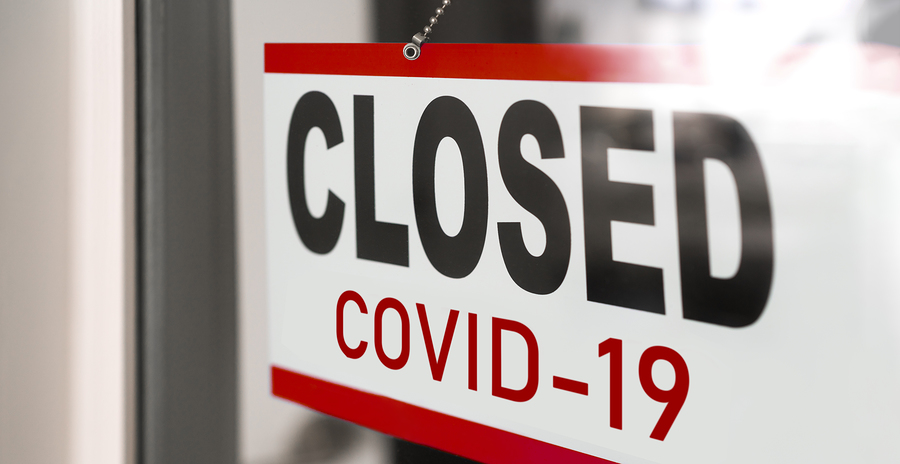The coronavirus (COVID-19) pandemic has hit South Florida businesses hard. Many small businesses have struggled to survive the shutdowns and drop in revenue, while others are pursuing bankruptcy as a means of remaining in operation while receiving financial assistance. For businesses who wish to make it through this time of crisis, help is available.
It has been reported that the number of businesses that filed Chapter 11 bankruptcy increased by 26 percent from the previous year, even though overall bankruptcy filings were down. These numbers are expected to continue to increase over the summer months as businesses begin to reopen.
According to statistics from the American Bankruptcy Institute (ABI), the number of personal and business bankruptcies combined in the month of April did decrease by 46 percent, which many attribute to the fact that individuals were receiving economic stimulus money during this time.
Chapter 11 Bankruptcy
If a business owner expects his or her business to survive but needs help dealing with creditors, Chapter 11 bankruptcy may be the best option for him or her. Under Chapter 11, the business owner can continue to operate while working with the bankruptcy court to renegotiate and repay debt over time.
A new Chapter 11 bankruptcy option that took effect in February 2020 makes the process much easier than it has been before. This new option makes the process faster and less expensive for smaller businesses. More businesses can file due to the debt threshold being temporarily raised. These changes took place as part of the Small Business Reorganization Act, which also eliminated some of the costs and paperwork requirements that previously kept businesses from pursuing a Chapter 11 bankruptcy.
Chapter 7 Bankruptcy
Many business owners can also pursue a Chapter 7 bankruptcy where the filer’s personal assets are liquidated and used to pay off creditors. This option is for the business owner personally. It likewise will not liquidate the business’s debt. This option, however, is helpful for letting business owners escape their own personal liability for the business debt, especially if the person has personally guaranteed the business debt.
Many individuals who open new businesses use their own personal assets as collateral for the business debt. By filing for Chapter 7 bankruptcy, the person can escape this liability. A Chapter 13 reorganization bankruptcy can also do this. A Chapter 7 bankruptcy is usually the best route for individuals who do not have enough income to repay their debt, but if the person has too much income to qualify for Chapter 7, the Chapter 13 bankruptcy would be the best choice. However, if the debt involved is solely business debt with no connection to the business owner as an individual, Chapter 11 bankruptcy may still be the best selection for that person. A bankruptcy attorney will be able to best advise which option would work best for that individual’s particular situation.
Please click here to read more.
If you have questions on this topic or are in financial crisis and considering filing for bankruptcy, contact an experienced Miami bankruptcy attorney who can advise you of all of your options. As an experienced CPA as well as a proven bankruptcy lawyer, Timothy Kingcade knows how to help clients take full advantage of the bankruptcy laws to protect their assets and get successful results. Since 1996 Kingcade Garcia McMaken has been helping people from all walks of life build a better tomorrow. Our attorneys’ help thousands of people every year take advantage of their rights under bankruptcy protection to restart, rebuild and recover. The day you hire our firm, we will contact your creditors to stop the harassment. You can also find useful consumer information on the Kingcade Garcia McMaken website at www.miamibankruptcy.com.

